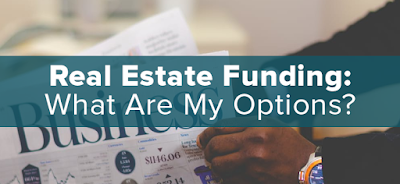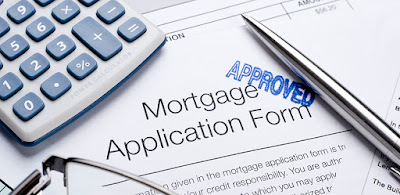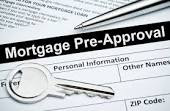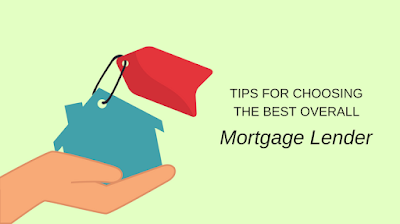

Buying Real Estate Investments - Part 2 of a 6 Part Series - Funding
Continuing my series on the steps to buying real estate investments.
Part 2 - Funding aka "How Am I Gonna Pay For This?"
After you've done your Research into buying real estate, Funding is the next step in the process. Determine how you're gonna pay for your purchase. If by cash, great, but if you need financing what can you afford and what are your options?

Let's say you were to find a property, toured it, loved it and then found out it was way above your budget. OOPS! Heartache? Yes!! So get your finances in order and find out how much you can afford prior to looking at properties. Unless you're paying cash for your purchase, you'll need financing so ask yourself "What am I qualified to buy?". At this time, approaching lenders is a good idea. They can help you determine what type of funding is out there. It could be conventional or creative. You might qualify for VA or FHA. Or maybe you might want to form an LLC and pool funding or choose a hard money lender. The type of real estate investment you desire might also dictate the type of loan that best suits your venture. Bottom line: Ask!!! It never hurts to ask.....

Now's the time to approach a lender to get a "pre-approval letter". What a pre-approval letter does is show you the amount you're probably approved for to purchase real estate. (Of course this is not a full application, so proceed wisely.) With that said it helps to know the difference between a "pre-qualification" and a "pre-approval". The pre-qualification stage is pretty simple. You provide a lender with your overall financial status including whatever income, assets and debt you have. After evaluation, a lender can give you a rough idea of what mortgage amount you may qualify for. However, a pre-qual does NOT include analysis of your credit report or an in-depth look at your ability to purchase real estate. It simply allows you to discuss your goals with a lender so they can provide a variety of mortgage options and make recommendations. Because this process is quick, it is based only upon the information you provide, so it's NOT a sure thing. It's just the amount for which you might expect to be approved. A pre-qualification does not carry the same weight as a pre-approval.
Ok, so what happens during the pre-approval process?

The pre-approval phase is much more in-depth. Here you will complete a comprehensive review of your financial situation. From this, your lender can tell you the specific mortgage amount for which you are pre-approved and the interest rate you will be charged on the loan (keep in mind that rates do vary over time). With a pre-approval, you will receive a conditional commitment for an exact loan amount, thus allowing you to look for a home at or below that level. Please Note: Once you've found your home or property and want to move ahead with a purchase offer, the lender will require the documentation by which they'll do an extensive check on your financial background and current credit rating to approve your loan. Also known as mortgage loan application. So How is your credit score? If you don't know, find out. If it's less than you hoped for, work on it. The better your score, the better your chances of not only obtaining a mortgage, but perhaps in getting a better interest rate and loan terms. When you get to this stage, be prepared to "jump through hoops" and give the lender exactly what they ask for!

So then you may ask "Why do both?" Well it's in your best interest to do both so you can first see what you might qualify for, thus allowing you to narrow your search to correlate with it. A pre-approval then takes a lot of the guesswork away and allows you to move quickly into the next steps when you do find that home that fits your needs. Remember, you'll need to provide that pre-approval when submitting any offers. So get pre-approved! Confidence in your ability to purchase what you want makes your real estate buying experience much less stressful. Also confidence in your lender is extremely important.

So how do you choose a lender? My personal recommendation is to shop local to the market you are interested in as they should better understand the traditions and nuances indicative to that area. There are many choices here in Pittsburgh, PA and throughout the country. Some choose banks, or mortgage brokers or someone else. Besides choosing the type of lender, you may want to pick based upon the kind of purchase you want to make and what they have to offer, including loan terms and interest rates. And don't forget to consider some of the specific qualities such as experience, attentiveness, responsiveness, organization, size of the firm and it's capital assets. So find a lender that fits your needs and get that funding!!
Stay tuned for Step 3....."Finding a Realtor"





Comments